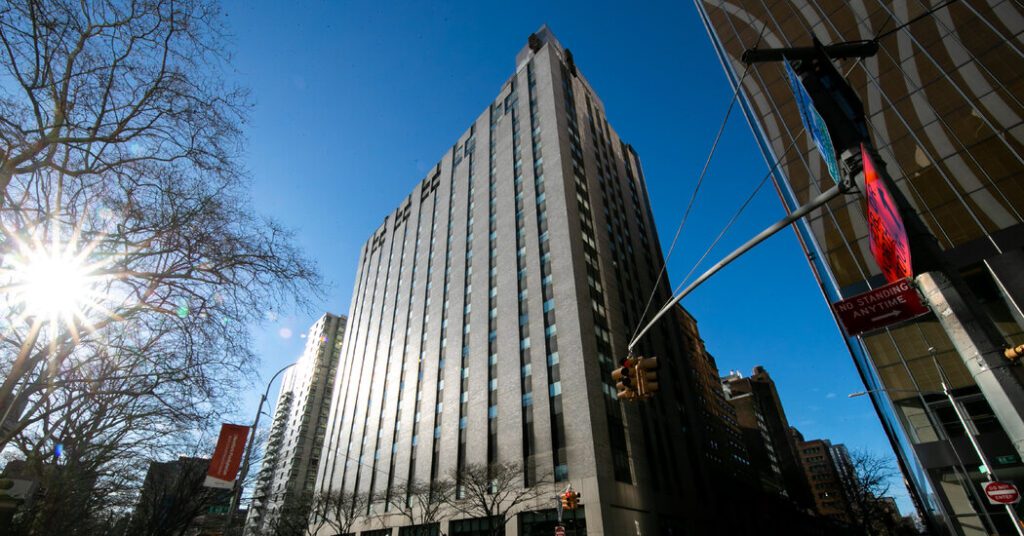Revolutionizing Cancer Treatment: Immunotherapy’s Promising Outcomes for Solid Tumors
Traditional treatments for solid tumors in the stomach, esophagus, and rectum often come with challenging side effects, including permanent colostomies, infertility, and significant surgical interventions. However, recent research from Memorial Sloan Kettering Cancer Center has revealed groundbreaking results using the immunotherapy drug dostarlimab, leading to promising findings for patients with specific types of cancer.
A Pioneering Approach
In a study that involved 103 participants, all of whom possessed tumors responsive to immunotherapy, researchers aimed to explore a treatment devoid of traditional methods such as chemotherapy and radiation. Led by Dr. Luis A. Diaz Jr. and Dr. Andrea Cercek, this approach was a departure from conventional protocols that typically integrate immunotherapy with other treatments.
Impressive Outcomes
The results were remarkable: among the 49 patients with rectal cancer, the tumors disappeared, and after a five-year follow-up, none showed signs of recurrence. Additionally, 35 of 54 patients suffering from other cancers—including those affecting the stomach and esophagus—also experienced tumor eradication.
Long-Term Success Rates
From the total group of 103 patients, only five experienced cancer recurrence. Among these, three received further immunotherapy, and one underwent surgical removal of a recurring tumor. All four patients currently show no evidence of disease, while the fifth saw a reduction in tumor size following additional treatment.
Recognized Significance
These findings were presented during the annual meeting of the American Association for Cancer Research and were published in The New England Journal of Medicine. Dr. Bert Vogelstein, a prominent oncologist at Johns Hopkins, has called the results “groundbreaking,” reflecting a major leap in cancer treatment methodologies.
Mechanism Behind the Breakthrough
The success of immunotherapy in these cases is attributed to the presence of mismatch repair mutations in patients’ tumors. These mutations hinder the tumors from repairing DNA damage, leading to the expression of abnormal proteins that attract the immune system. Immunotherapy effectively breaches the defensive barriers tumors erect, enabling the immune response to act against them.
Challenges to Access
Despite these breakthroughs, accessing dostarlimab remains challenging due to its high cost—approximately $11,000 per dose over nine infusions in six months. Current insurance coverage is contingent on drug inclusion in established clinical guidelines, which often varies by cancer type.
Clinical Trials and Future Considerations
Dostarlimab is approved for treating uterine cancers with mismatch repair mutations and is part of clinical guidelines for rectal cancer based on earlier small-scale studies. However, patients with other cancers might face difficulties obtaining the drug. Memorial Sloan Kettering is actively recruiting for its ongoing clinical trial, providing eligible patients with access to the treatment at no cost.
Case Study: Maureen Sideris
A significant example is that of 71-year-old Maureen Sideris, who discovered her cancer following a meal blockage caused by a tumor located at the junction of her stomach and esophagus. Following a recommendation for traditional treatments, she opted to participate in the clinical trial due to the mutation in her tumor. Within three months of her initial treatment, her tumor had disappeared.
Personal Reflections
Sideris reflects on her experience: “It’s been a journey… I still had surgery as a backup if it didn’t work.” Her only side effect has been a need for medication to support kidney function, which she considers a small price to pay to avoid more invasive treatments.
Conclusion
This innovative research underscores the potential of immunotherapy as a standalone treatment for specific cancers, marking a significant advancement in cancer care. As studies progress and more data becomes available, the hope is that these successful outcomes will lead to broader acceptance and application of immunotherapy in oncology.


